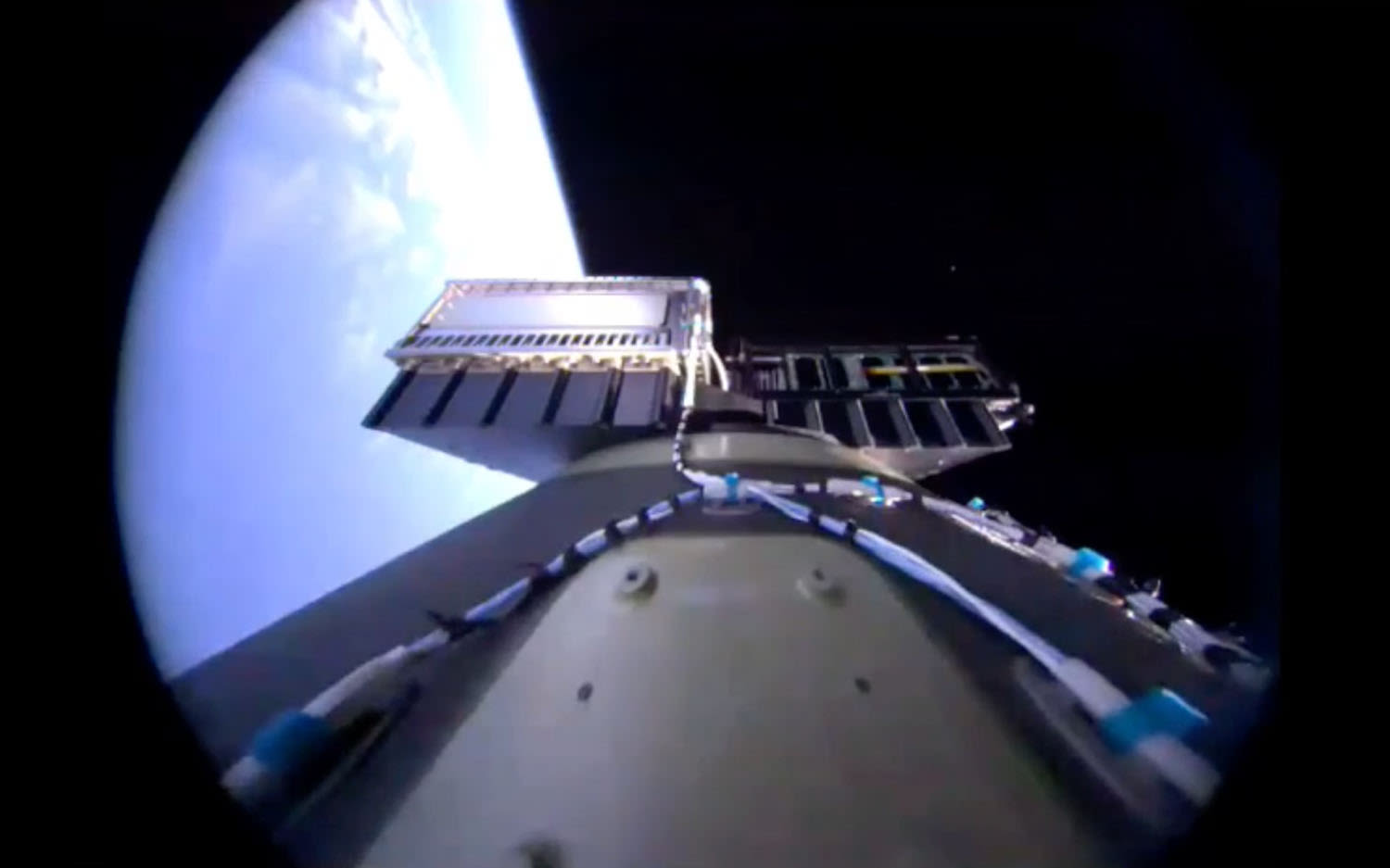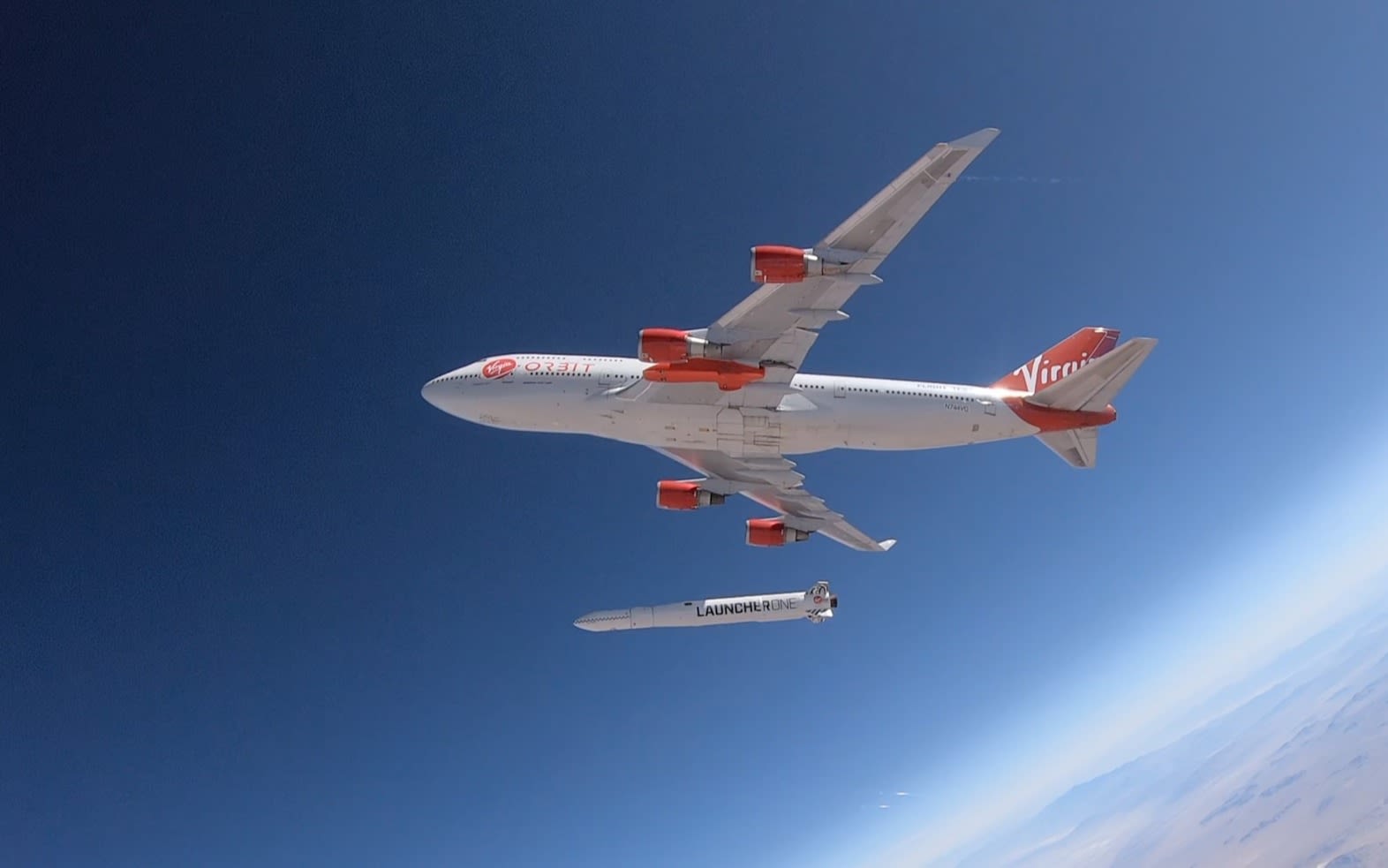What did Virgin Orbit launch into space?
Virgin Orbit has done what many thought was impossible: launching a rocket from under the wing of a modified 747 airplane fly to space and drop satellites into Earth’s orbit. But what do customers want to send to space and why?
The rocket, LauncherOne, successfully deployed nine missions for NASA’s Launch Services Program into the team’s precise target orbit.
Virgin Orbit has now shared more details on some of these missions and what their purpose is:
CACTUS-1, from Capitol Technology University, is a potential solution for cleaning up space junk in Low Earth Orbit. The primary payload, TrapSat, uses aerogel to capture and profile micrometeorites and microdebris.
Next up is ExoCube, from Californian university Cal Poly, which is a scientific investigation to better our understanding of space weather. ExoCube takes measurements of hydrogen, oxygen, helium & nitrogen in the upper atmosphere, which helps to characterise climatology and improve scientists' atmospheric models.
The third is CAPE-3 from the University of Louisiana at Lafayette. CAPE-3's primary mission is an educational one: to allow grade school classrooms globally to access the Smartphone CubeSat Classroom and run interactive experiments through an Experimental Smartphone Ground-station Grid.
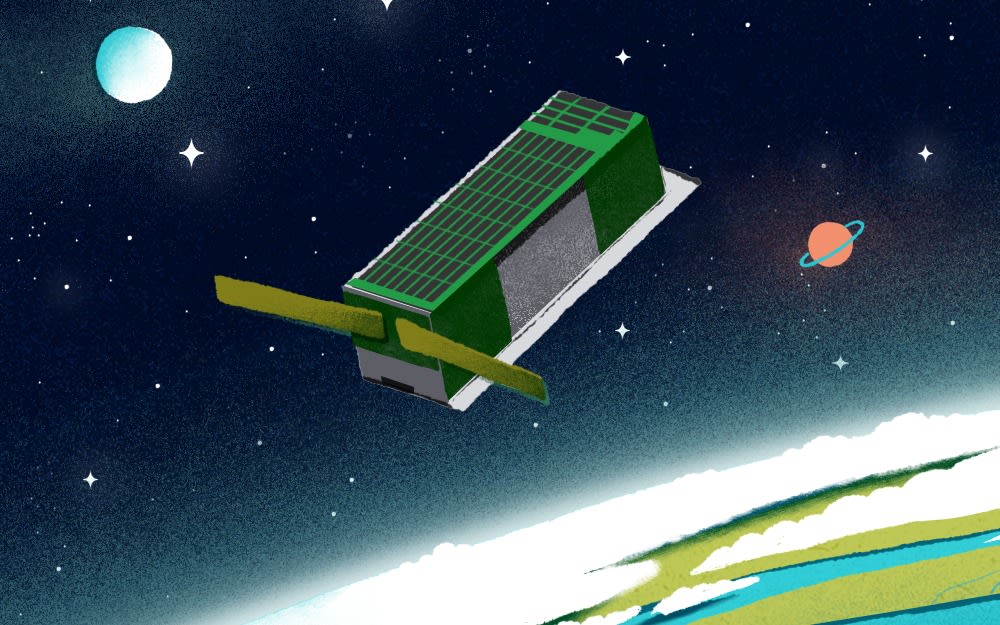
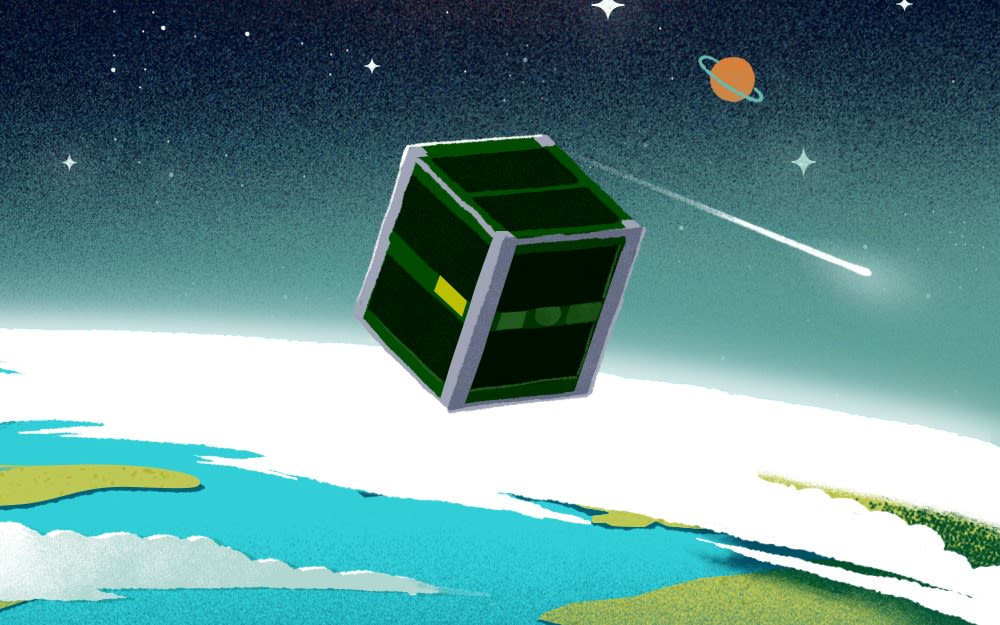
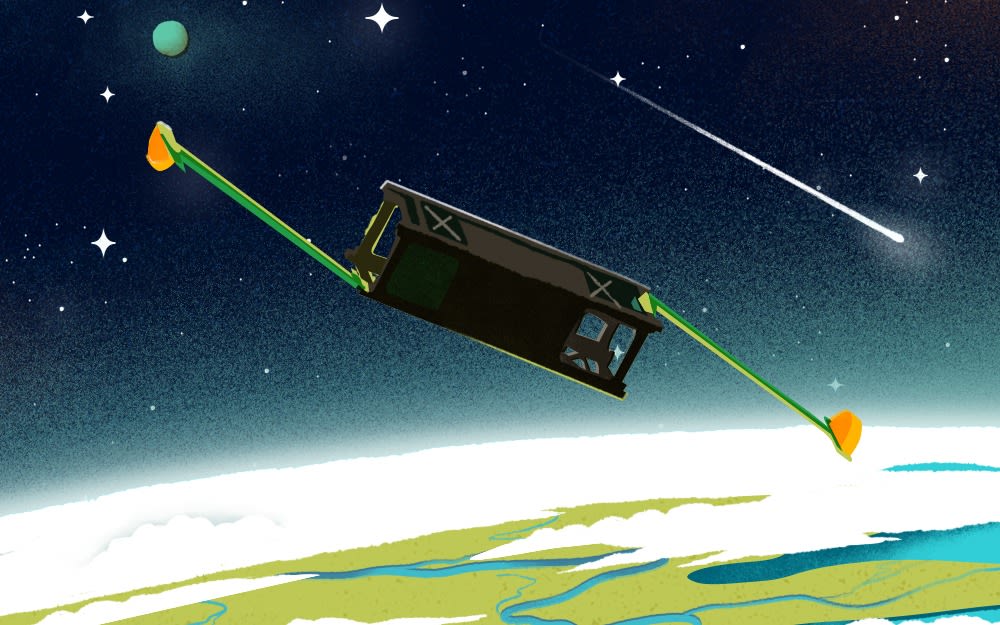
Virgin Orbit will be revealing more of what was on board in the days to come.
The satellite launch company has also announced it has signed a new customer. Virgin Orbit has been selected by Dutch space engineering company Innovative Solutions in Space (ISIS) to launch the Royal Netherlands Air Force’s (RNLAF) first ever satellite, a 6U CubeSat called BRIK-II. With the US government as a co-passenger, the mission represents an exciting opportunity for the Netherlands and the US to jointly explore, develop and benefit from the next generation of space capabilities.
In recent years, satellites have gotten smaller and cheaper but launching them is still a challenge, as often they are forced to wait many months for a ride-share on larger rockets with primary payloads, meaning they have little control over their schedule or orbital destination. Enter Virgin Orbit. Like the satellites its customers are flying, its launch system is light, fast, flexible, and affordable.
Small satellites have huge potential to change people’s lives for the better. They connect us to each other, help us understand the world around us, keep us safe, grow the world’s economies, and expand the limits of human knowledge.
To keep up to date with all of Virgin Orbit’s exciting developments, follow them on Twitter.
